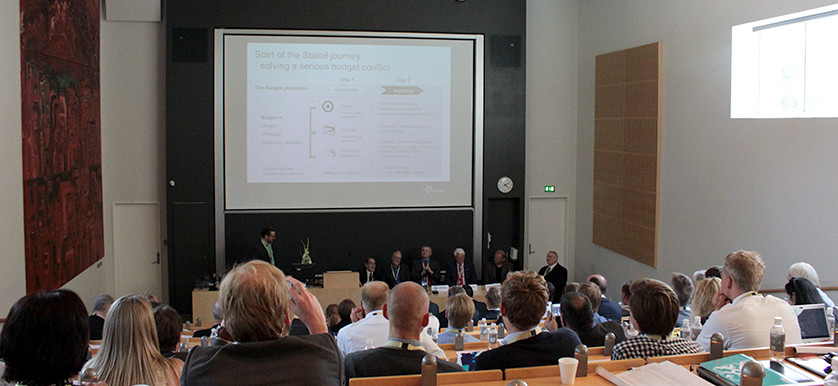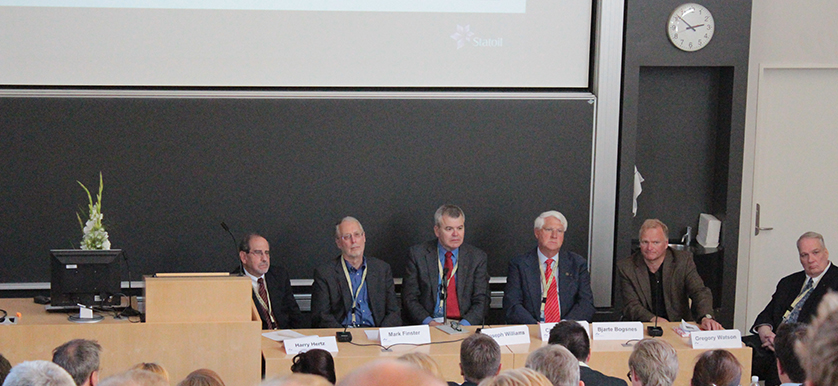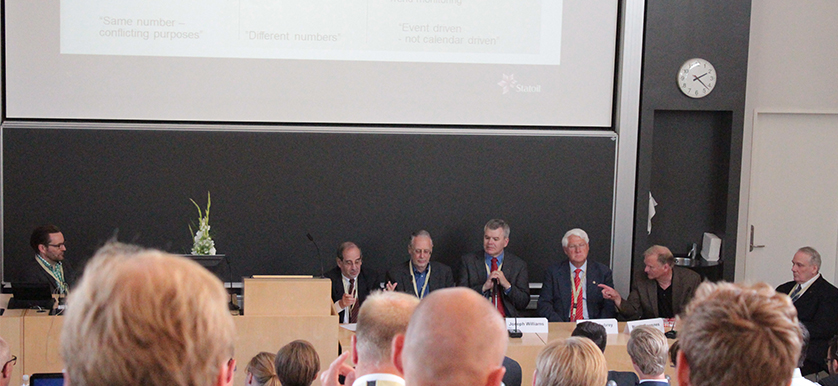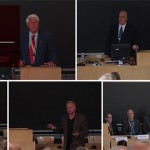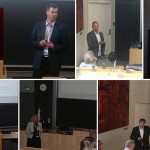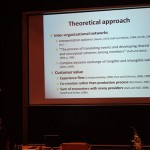Reflections on Performance Management from the PMA 2014 Conference – Panel Discussion
The first day of the PMA 2014 Conference, suggestively named “A day for business”, concluded with a Panel discussion that was moderated by Jacob Kjær Eskildsen, from Aarhus University, and reunited some of the conference’s key speakers, such as Harry Hertz, Greg Watson, Mark Finster, Joseph Williams, Charles Aubrey and Bjarte Bogsnes.
The speakers debated on numerous considerations regarding first day’s presentations and actual trends in Performance management, providing in the same time insights on how different issues mentioned by previous speakers could be addressed within organizations and raising relevant performance related questions.
The first speaker’s insights focused on individual performance. Herry Hertz emphasized the idea that an outstanding organizational performance automatically nurtures the conditions for a very good individual performance, given that employees have a high level of engagement.
Within the panel discussions, Charles Aubrey also insisted on the importance of leadership for both organizational and individual performance: “I don’t think the process and metrics mean anything if you don’t have an effective leadership”. The speaker stated that it’s leaders’ job to impose values that the employees can subsequently follow.
Another valuable insight comes from Bjarte Bogsnes, who highlighted the importance of keeping a Performance Management System as simple as possible. Also, from his point of view, when benchmarking or simply comparing to other organization’s systems, it is essential to look after both positive and negative aspects, which can become learning points in terms of what the company should or should not do to improve its performance.
For Mark Finster, all these ideas can be comprised by the phrase “reinventing the organization”, which includes all actions and processes that will eventually lead to a high-performing company. One key contribution of his speech was the concept of “watermelon metrics”, a phrase used to describe financial metrics and budget targets seen as an expression for the entire organizational success.
Regarding the previous presentations, Gregory Williams considered the most important element is learning through relevant case studies, providing in this context the examples of Nokia and Toshiba.
In the ending of the panel discussion, Joseph Williams raised a question which lead to further discussions, on how can dynamic IT companies implement effective Performance Management Systems.
With the panel discussion participants’ insights and perceptions on the previously presented research studies, the series of key presentations for the first day ended, the following sessions being separated into parallel tracks, which approached a wide variety of topics, from sustainability to organizational culture.

Tags: Performance Management, PMA 2014 Conference

